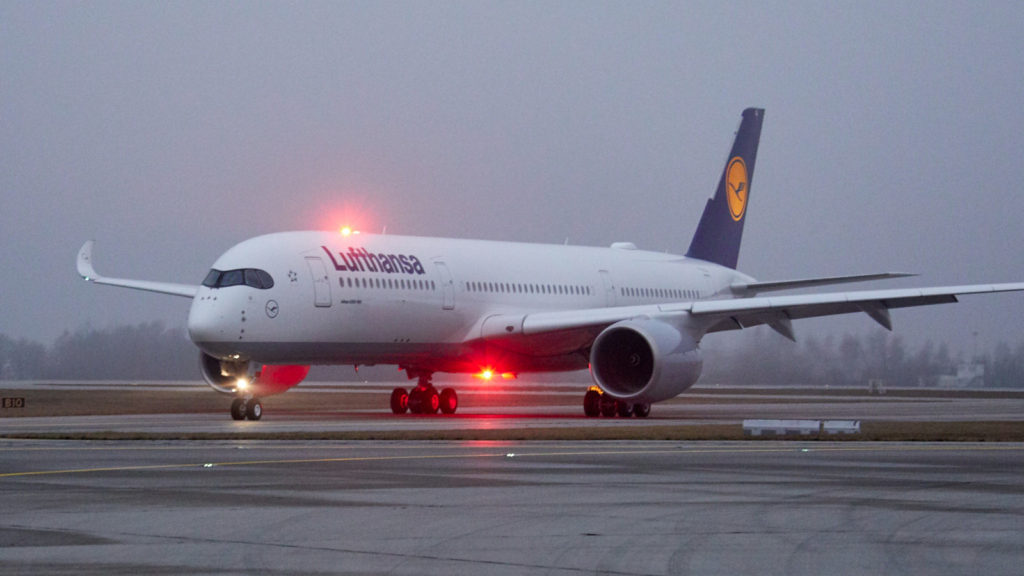Thomas Cook Sets May 7 Deadline for Airline Interest
LONDON (Reuters) - Thomas Cook has set a deadline of May 7 for expressions of interest in its airline business, with Indigo Partners and Lufthansa among the likely bidders, sources said. The heavily-indebted British travel…
